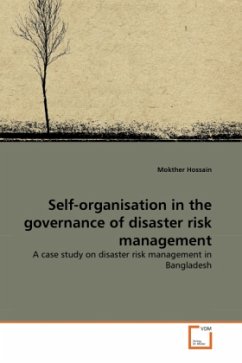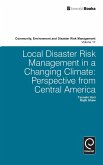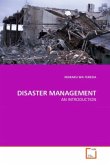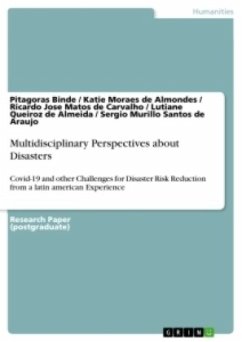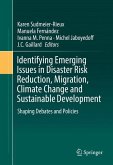Natural hazard, risk management, good governance are very common in research and development arena. Several studies can be found on disaster risk management while very few are dealt with risk management by local governments in context of socio-economic and political factors. A disaster always means a huge death toll, displacement and inconceivable destruction for any poor country. This study argues that the causes of extensive losses from natural hazards can be effectively addressed and reduced by local governments. Successful example of disaster management in Cuba is an example of the good governments in disaster risk management. Risk management, local governments, self-organisations are analyzed here in respect of Pressure and Release Model, and N-K model. This book presents the perception of community people of two coastal sub-districts of Bangladesh and should help to understand disaster risk in respect of social, political, and economic factors.
Bitte wählen Sie Ihr Anliegen aus.
Rechnungen
Retourenschein anfordern
Bestellstatus
Storno

